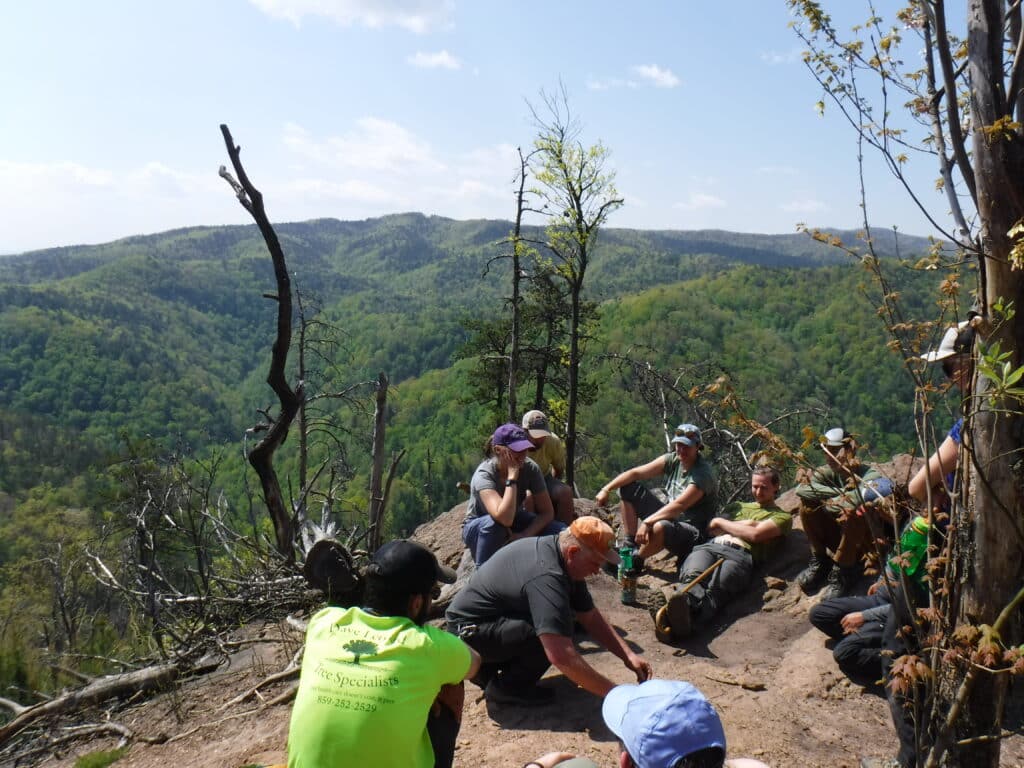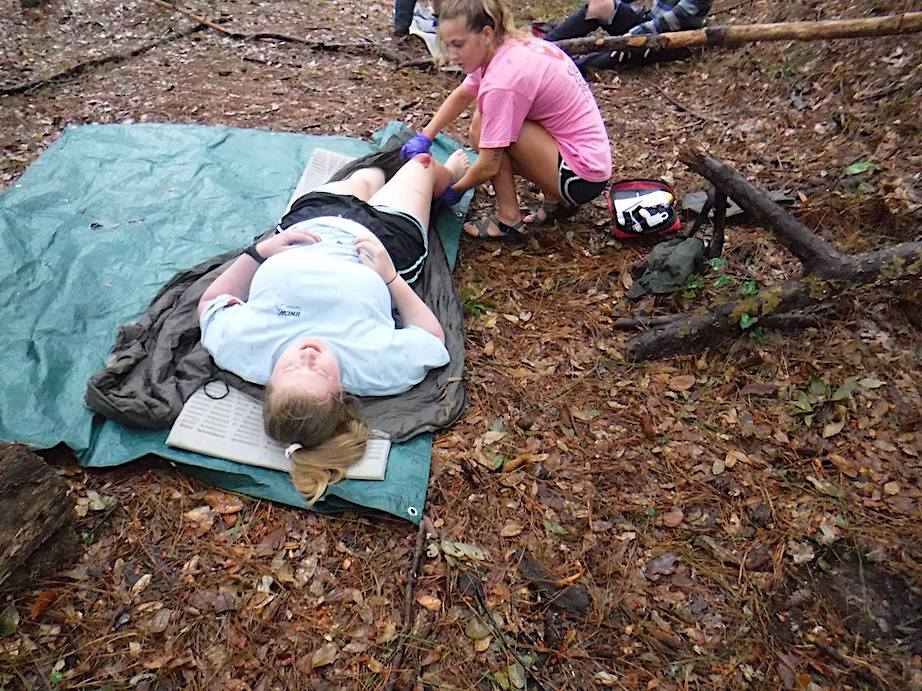Outdoor Industry Jobs Require Personal Experience and Certifications
Outdoor Educator TrainingProfessional development — learning that allows you to earn or maintain professional credentials — is key to career planning, especially when it comes to considering a career in the outdoor adventure and education industry. Much more than participating in a bunch of classes, our sector of the outdoor industry looks favorably on applicants with wilderness medicine training and certification, skills training and certification, and hands-on guiding and expedition leadership experience.
Truth is, we here at NCOAE found that operating an adventure education company during a health pandemic was challenging. And staffing our AEE-accredited organization with highly experienced instructors became increasingly difficult but not impossible.

Like other industries, we suffered a staffing shortage, and yes, some of our existing staff left to pursue other pathways. But what we’ve noticed lately is a lack of experience from some people who thought working in the outdoors would — quite literally — be a walk in the park.
Many of these would-be outdoor educators and guides decided that sitting on a couch while looking at photos and films of wilderness expeditions was a suitable alternative for actually going out and experiencing the outdoors.
This potential pool of applicants backed out and went the way of the “Instagram Adventurer” or the “Armchair Explorer.” And in talking with our colleagues across our sector of the outdoor industry, we’re not alone in seeing this trend. Nearly all outdoor adventure and education organizations are taking pause and evaluating the future of trainings, staff recruitment, and what it means to be qualified to head out into “wild places.”
Regardless of what other organizations choose to do about their staffing challenges, NCOAE will not budge on what is required of our field instructor and outdoor educator candidates. Hands-on experience coupled with recognized industry certifications still matter and always will.
If you’re interested in a seasonal or full-time job in outdoor education, here are my recommendations on how to proceed. (more…)
Why Become a Wilderness First Responder?
Wilderness First Responder TrainingFor those outdoor education organizations — or for those enthusiasts who live for a well-planned wilderness experience — the inclusion of a Wilderness First Responder (WFR) on the trail brings an additional layer of risk mitigation to any backcountry experience.
As for the question posed in the headline above, one of the primary reasons for becoming a Wilderness First Responder by earning your WFR certification, is the demand for highly trained and prepared educators and guides.
When you’re prepared to deal with medical emergencies in remote wilderness areas (locations where emergency response personnel may be difficult to reach or significantly delayed in arriving), you can not only breathe a sigh of relief; you can rest assured that you have someone in the group with the critical thinking skills and medical knowledge to help assess the situation and then properly manage the team if things go wrong.
What Does WFR Certification Entail?
Here’s what you should learn during a Wilderness First Responder course:
- Basic first aid skills, including bleeding control and wound care, splinting, and CPR.
- How to assess a patient and pinpoint any issues that compromise optimal health.
- The basic anatomy and pathophysiology of common medical problems. and injuries including shock, internal bleeding, dehydration, and infection.
- How to differentiate between true emergencies and more routine medical complaints.
- What to expect and how to proceed when you have to stay with your patient for hours or days before help arrives or an evacuation can occur.
- Evacuation guidelines and techniques.
Who Normally Takes a WFR Course?
Many professional outdoor industry businesses — including (more…)
TALK TO US
Have any further questions about our courses, what you’ll learn, or what else to expect? Contact us, we’re here to help!
